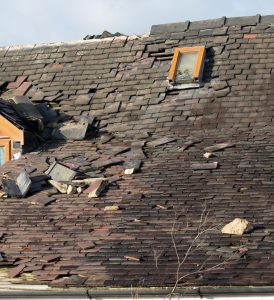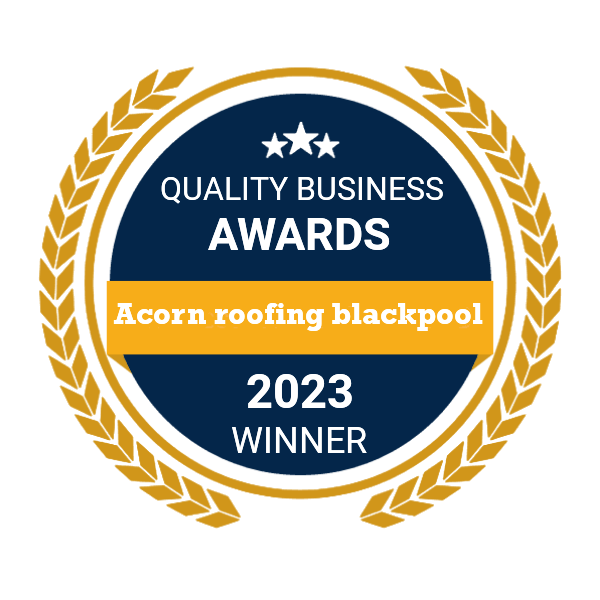There are a variety of roofing materials available on the market, and each has its own benefits and drawbacks. In order to make an informed decision about what type of roofing to install on your home, you need to understand the differences between the most popular types of roofing material. This article will compare and contrast four common roofing materials: clay tiles, concrete roof tiles, metal sheet roofing, and slate tiles.
Clay and Concrete Tiles
Not only are concrete tiles incredibly durable, but they are also resistant to heat and can withstand any type of weather. One of the best things about them is that they will never get hot because they don’t absorb heat, meaning there is no reason for heat to enter your home or building. You can also paint sun-blocking coats over them to reinforce energy efficiency and create a reflective surface.
Clay tiles are both durable and sustainable. If one tile is damaged, it is easy to replace that individual tile. Additionally, clay tiles offer a cool roofing solution due to their energy efficiency compliance. Lastly, the properties of clay prevent it from combustion even when exposed to an extreme heat source.
Metal Sheet Roofing
Metal sheet roofing is a popular choice for both commercial and industrial buildings. It is extremely durable and can withstand high winds and heavy snowfall. Metal sheet roofing is also energy efficient, as it also reflects sunlight and helps keep your building cool in summer. However, metal sheet roofing can be quite noisy, so if you are installing it on a home, you may want to consider adding insulation to reduce the noise.
Slate Tiles
Slate tiles offer many benefits and are perfect for those looking for an energy efficient roofing material. Made from natural materials, slate is a strong and durable option that will keep your home cool in the summer by reflecting sunlight. However, it’s important to keep in mind that because of its weight, you will need to make sure your home can support the additional load.
Asphalt Roofing
Asphalt roofing materials have a traditional look but are not very sustainable because they come from chemicals and crude oil. In its liquid form, asphalt is tar that is applied hot but cools once it hardens. Although an asphalt roof can last for 20 years, it requires yearly maintenance. Unfortunately, asphalt is not bio-degradable and takes around 300 years to decompose naturally.
Conclusion
When deciding on a roofing material, there are many factors to consider. However, if you are looking for an energy efficient roofing solution, your best options are clay tiles, concrete roof tiles, metal sheet roofing, and slate tiles. All of these materials are durable and will reflect sunlight, helping to keep your home or building cool in the summer.
For more information on energy efficient roofing systems or to arrange a free quote, contact Acorn Roofing on: 01253 279 736




